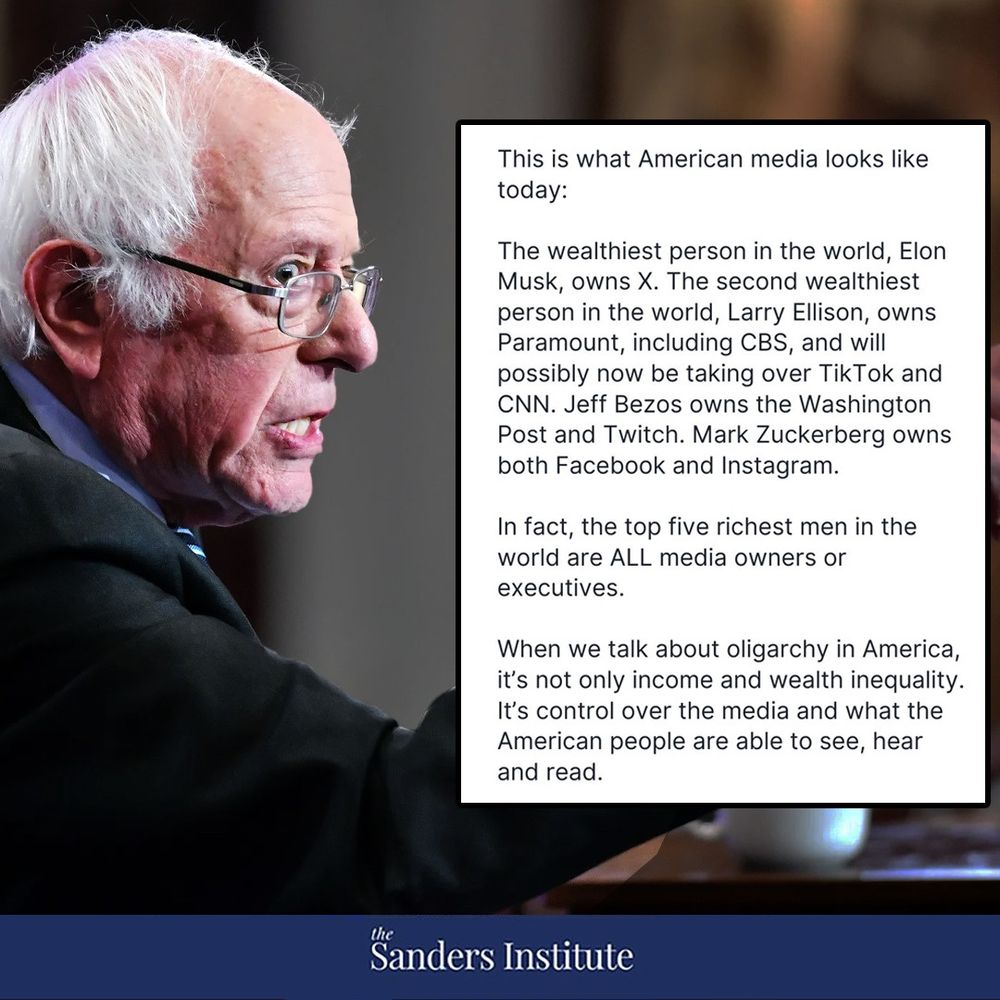Russell Vought’s trajectory within American politics is emblematic of a concerted effort to infuse governance with a stringent Christian nationalist ideology, often at the expense of marginalized communities. His tenure as Director of the Office of Management and Budget (OMB) under President Donald Trump, and his subsequent reappointment, underscore a commitment to policies that frequently undermine the welfare of the vulnerable.
Early Foundations and Ideological Development
Russell Vought’s Role in Modern Governance
Vought’s formative years at Wheaton College, an evangelical institution, laid the groundwork for his integration of faith into public policy. His legal education at George Washington University Law School further equipped him to navigate the intricacies of government, enabling him to embed his ideological convictions into the fabric of federal administration. Early roles, including policy director for the House Republican Conference and executive director of the Republican Study Committee, provided platforms to advocate for conservative fiscal policies and a reduction in government intervention in social programs.
Project 2025: A Blueprint for Radical Transformation
Central to Vought’s vision is Project 2025, a comprehensive plan developed in collaboration with the Heritage Foundation and over 100 conservative organizations. This initiative seeks to restructure the federal government by consolidating executive power and embedding Christian nationalist principles. A key component involves reclassifying tens of thousands of federal civil service positions to facilitate the replacement of career professionals with political appointees loyal to this ideology, thereby eroding the nonpartisan foundation of the civil service.
Dismantling Social Safety Nets
Vought’s tenure at the OMB has been marked by aggressive efforts to dismantle programs designed to support marginalized communities. He has advocated for substantial budget cuts to social services, education, and environmental protections, actions that disproportionately affect the poor, minorities, and other vulnerable groups. His approach to governance is underscored by a desire to “traumatize” federal workers, aiming to demoralize and reduce the federal workforce to align with his vision of a leaner government.
Assault on Civil Rights Protections
Project 2025 outlines plans to dismantle civil rights protections that have been instrumental in advancing equality over the past six decades. The initiative proposes redefining civil rights laws to permit discrimination under the guise of religious freedom, thereby rolling back protections for LGBTQ+ individuals, women, and racial minorities. This distortion of civil rights threatens to legitimize discriminatory practices across various sectors, including employment, housing, and education.
Environmental Deregulation and Public Health Risks
Vought’s agenda includes significant environmental deregulation, prioritizing economic interests over ecological and public health concerns. By advocating for the dismantling of the Environmental Protection Agency (EPA) and rolling back climate change initiatives, his policies risk exacerbating environmental degradation and health disparities, particularly in low-income and minority communities that are disproportionately affected by pollution and climate-related disasters.
Erosion of Democratic Institutions
Perhaps most alarmingly, Vought’s efforts to consolidate executive power threaten the foundational principles of American democracy. By undermining the autonomy of federal agencies, purging career civil servants, and installing loyalists, he seeks to create a government that serves a singular ideological agenda. This centralization of power not only jeopardizes the system of checks and balances but also paves the way for authoritarian governance, where dissent is stifled, and policy is dictated by a narrow interpretation of religious doctrine.
Conclusion
Russell Vought’s influence within the Trump administration represents a profound shift towards governance that intertwines with a rigid Christian nationalist ideology. His policies systematically dismantle protections for marginalized communities, erode civil rights, and compromise the integrity of democratic institutions. As he continues to wield considerable power, it is imperative to critically examine and challenge the far-reaching implications of his agenda on the fabric of American society.











